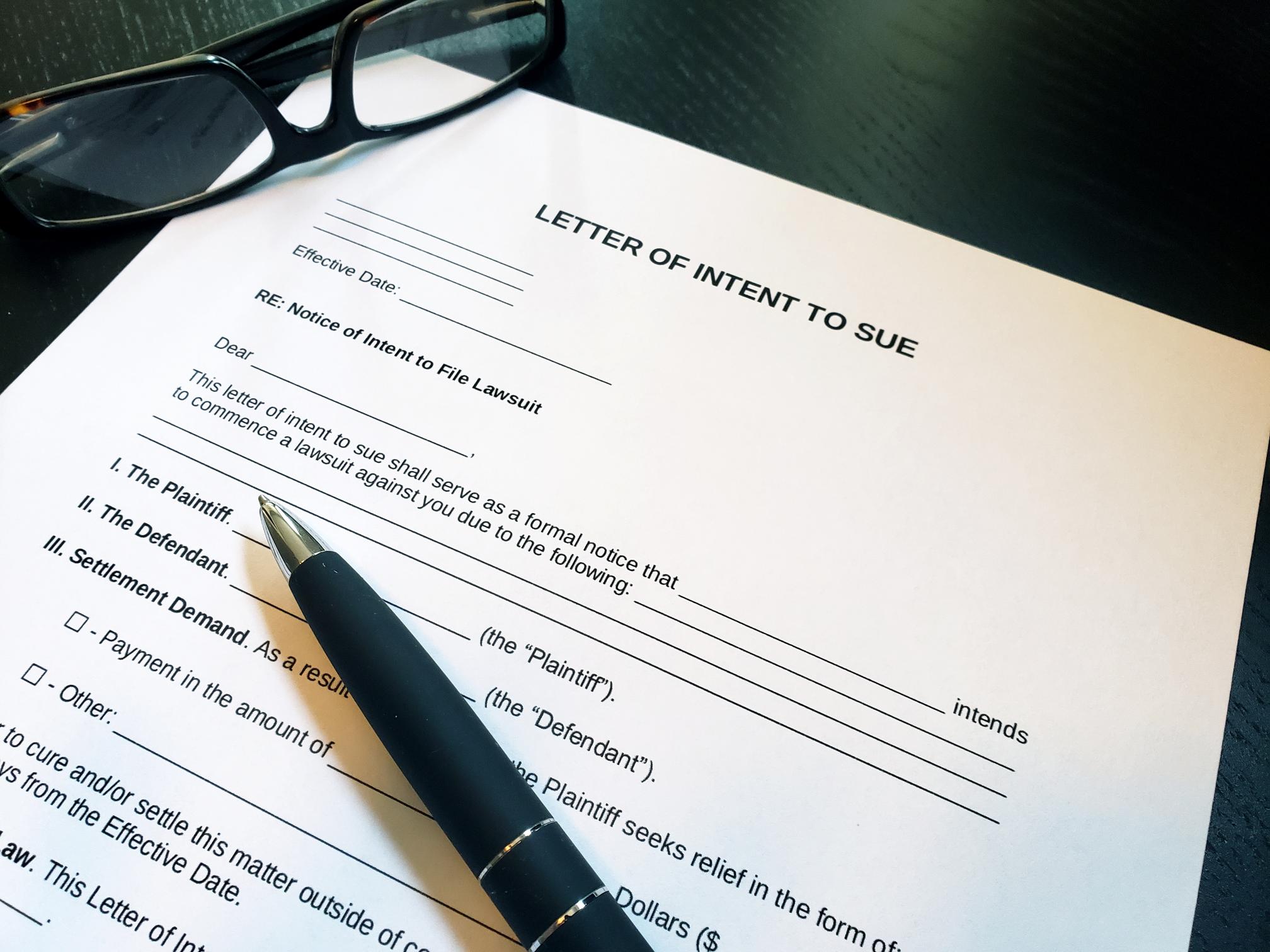Some States impose an obligation on landlords to repair and eliminate conditions which constitute, or if not promptly corrected will constitute, a fire hazard or a serious and substantial threat to the life, health, or safety of occupants. Under this law, if a landlord fails to repair serious or dangerous defects in a rental unit, you have the right to pay your rent into an escrow account established at the local district court. But the law is very specific about the conditions under which rent may be placed in escrow. You must give the landlord proper notice and adequate time to make the repairs before you have the right to place rent in escrow. Rent escrow provides tenants with a procedure for ensuring the repair of serious and dangerous defects in their dwellings, whether the defect is within a single unit or in an area used jointly by all tenants. The defects covered by this law are those which constitute “a substantial and serious threat of danger to the life, health, and safety” of a tenant. Rent escrow is not provided for defects that just make the apartment or home less attractive or comfortable, such as small cracks in the floors, walls or ceiling. Also excluded are non-dangerous violations of a local housing code and dangerous conditions in the community at large.
The serious or dangerous conditions include, but are not limited to:
- lack of heat, light, electricity or water, unless you are responsible for the utilities and the utilities were shut off because you didn’t pay the bill;
- lack of adequate sewage disposal; rodent infestation in two or more units;
- lead paint hazards that the landlord has failed to reduce;
- the existence of any structural defect that presents a serious threat to your physical safety;
- the existence of any condition that presents a serious fire or health hazard.
It is the public policy of the state that sanctions be imposed on landlords who permit dangerous conditions to exist in their leased property, and that an effective mechanism be established to prevent and repair these conditions. This law applies to all residential dwelling units except farm tenancies. It applies equally to publicly and privately owned units and to single and multiple unit dwellings.
Please check with your local municipalities about the laws for you area.

